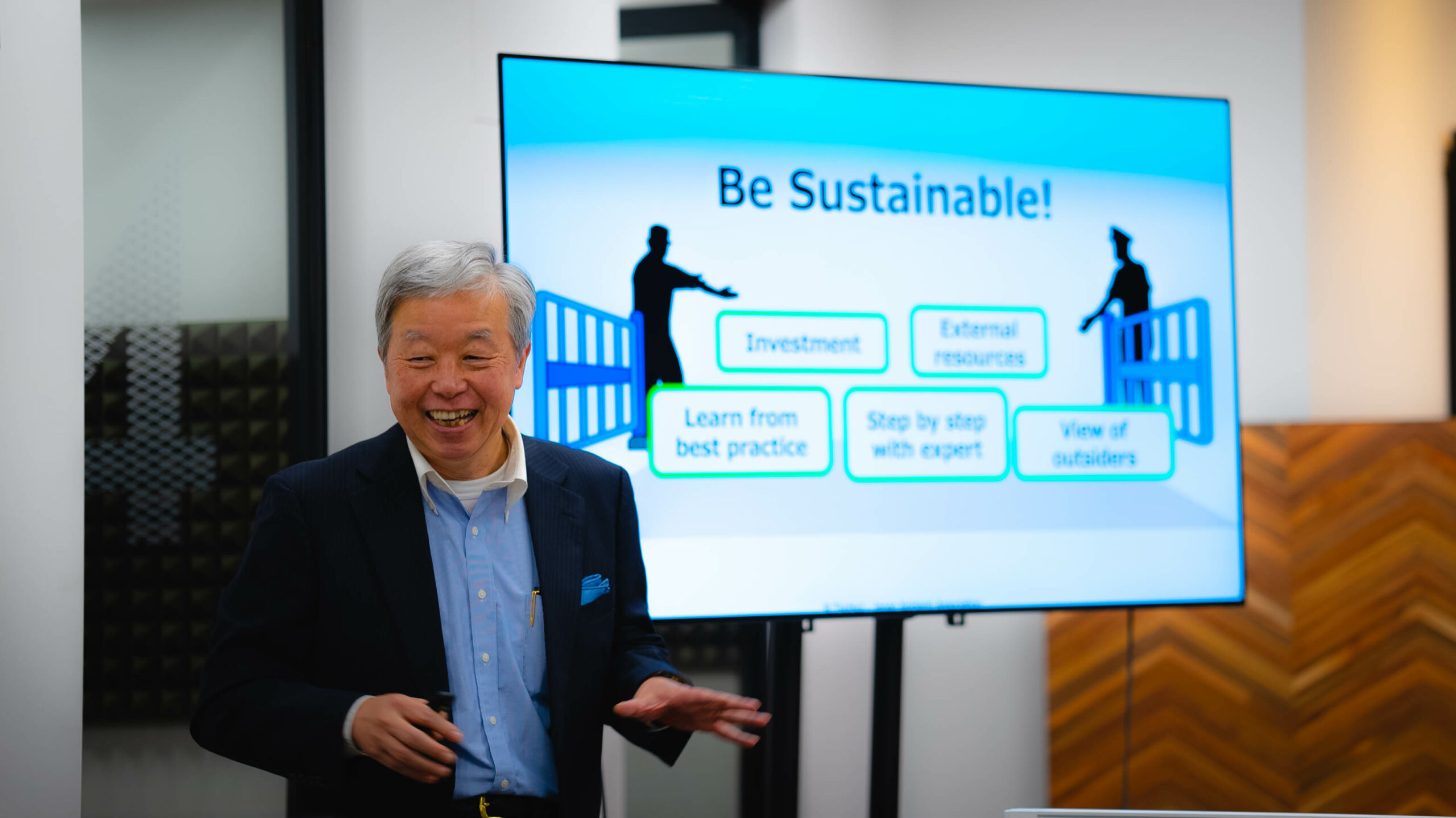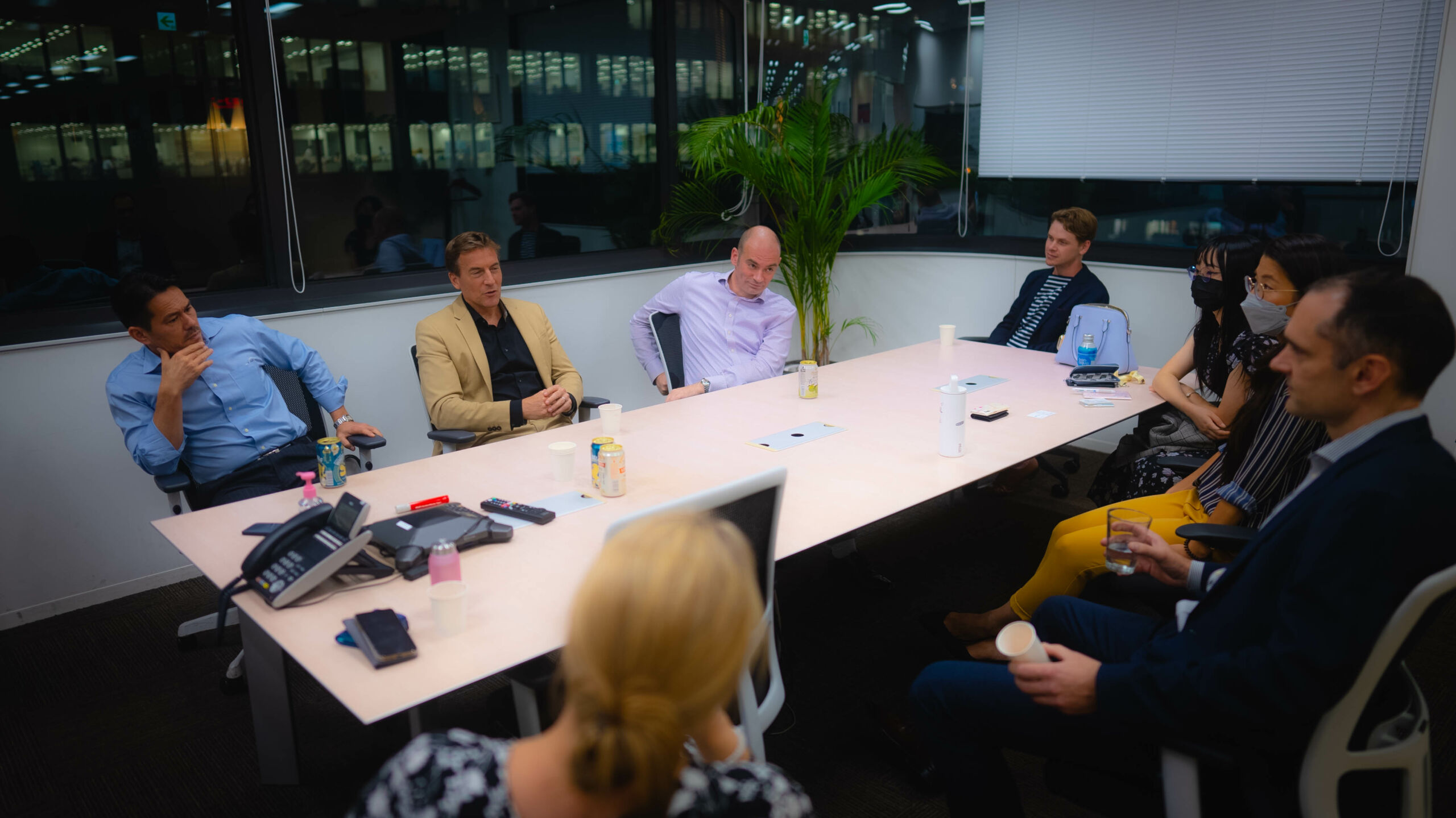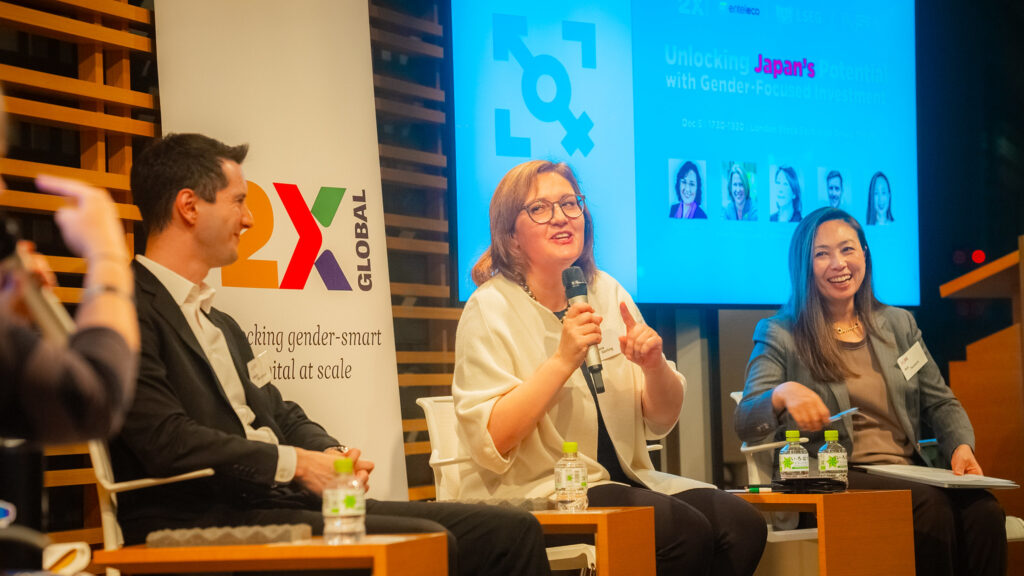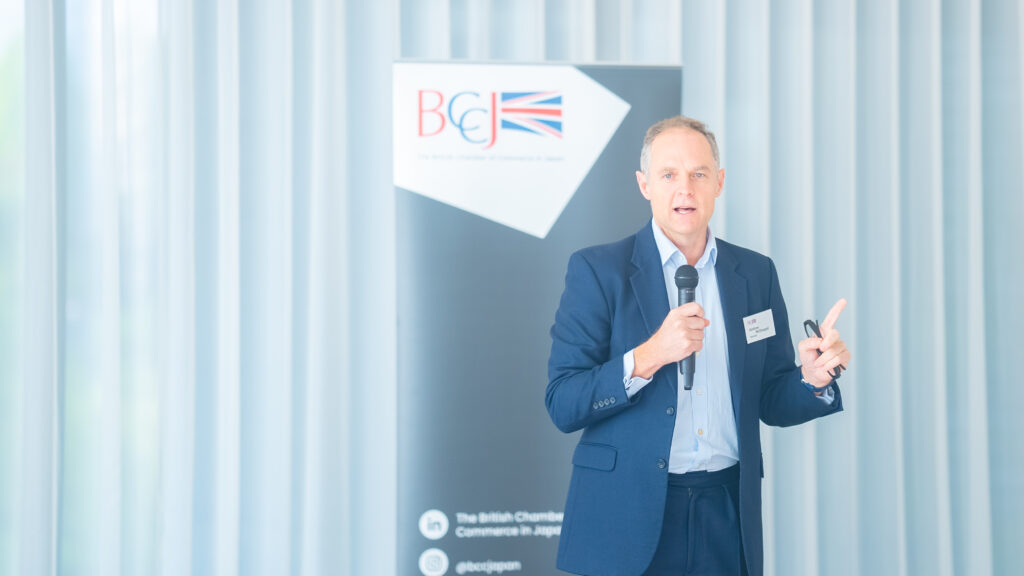Member? Please login
How SMEs can create a more sustainable world

Written by Sterling Content
October 20, 2022
Past Event Round Ups
With SMEs accounting for 90% of all businesses worldwide, according to Business Climate Hub, their sustainability practices play an important role in the realization of the environmental targets set by the 2015 Paris Agreement and 2021 COP26 Summit. Indeed, in the UK and Japan, SMEs’ contributions are vital to help deliver the governments’ commitments to carbon neutrality by 2050.
However, studies show SMEs can face challenges in realizing their green ambitions. A 2022 survey by Business Climate Hub has revealed that 60% of SMEs have plans to reduce their carbon footprint but about two thirds of them are concerned that they don’t have the right skills and knowledge to do so.
Enter the BCCJ’s event, “Hacking Sustainability for SMEs,” held in October and designed to support SMEs—and larger organisations that work with SMEs—in understanding how to become more sustainable in their operations. Featuring expert speakers and an interactive workshop, the in-person session facilitated discussion on how SMEs can overcome challenges to sustainability and gain advice on how to pursue more responsible practices at a time when organisations are facing an increasingly challenging global economic climate.
Introducing sustainability in business, Tove Kinooka, director and co-founder of sustainability consultancy Global Perspectives, outlined how global environmental, social and economic issues are deeply interconnected, and encouraged participants to think deeply about their role and responsibilities in the global ecosystem. She highlighted the fact that of all the SDGs, the most important is SDG 17—Partnership for the Goals—as no organisation, however large or powerful, is able to solve these issues alone.
Local, global collaboration
Speaker Ron Tsutsui, managing director of Japan Noharm Association (JNA), which helps organisations in Japan work towards the SDGs, explained that SMEs need to embrace cooperation and collaboration with fellow SMEs and other organisations to achieve more sustainable operations.

Business, of course, has an element of competition, he said, but in the field of sustainability, the 4 million SMEs in Japan should shift their mindset to work both with each other and with companies abroad.
Since 1945, the global population has tripled, but electricity consumption has increased by eight times and meat and fish consumption has increased by five times, Tsutsui said, noting, “If you imagine you have three times more residents in your home, you need new rules.”
In his work at JNA, which has some 200 members, Tsutsui has supported SMEs lacking the resources (both financial and human) and expertise to adopt more sustainable practices, while also appealing against SMEs simply greenwashing (when an organisation claims to be environmentally conscious without making notable sustainability efforts).
Being more socially and environmentally conscious makes good sense not only from a moral standpoint, but also from a financial one, he said, adding that firms that fail to address sustainability are likely to lose out to sustainably-minded competitors due to the increase in more ethically-minded consumers.
Speaker Richard Lyle, vice president of trade and FDI at international business development company Intralink, presented a case study of Intralink’s sustainability committee. Its efforts so far include reducing electricity consumption, procuring sustainable food and drinks for events, and raising awareness among staff about mindful behaviour such as turning off lights when not in use.
Still, challenges remain, he added, noting that clients and staff flying to and from Tokyo account for 97% of Intralink’s carbon footprint. With international travel on the rise, Lyle admitted that in the medium to long-term, flights pose a challenge to achieving greater sustainability.
Shared concerns
Following the presentations, participants broke into three groups to discuss some key challenges facing SMEs seeking to initiate or improve their sustainability strategies. One common concern was the lack of consensus on how to measure carbon footprints accurately. And if accurate measurements could be attained, participants wondered how SMEs could lower their impact on the environment without negatively affecting their finances, given their often limited resources.
Another concern was how an SME—in an effort to be more sustainable—could potentially influence or even cease business with less environmentally-conscious clients, particularly in the current challenging economic climate.
Looking at Japan specifically, it was suggested that some Japanese SMEs may be struggling with sustainability implementation due to a lack of information on the topic in Japanese. Moreover, information is often presented in a way that is not easy to understand or put into action.

Participants agreed on the need for better collaboration among like-minded companies, which could provide more accurate and concise information, allow costs to be shared in efforts to measure carbon footprints and attain certifications, and provide a stronger collective voice to advocate for action in the companies’ respective fields. There was also optimism that many young adults entering the workforce today are motivated by more than salary and job security—they seek the opportunity to work for an organisation that places sustainability at its very core.
In closing, Kinooka said the exchanges at the event would serve as a starting point for the creation of a shared resource bank at the BCCJ aimed at supporting organisations in their sustainability efforts. By adopting a spirit of collaboration, and sharing information, case studies and best practices, both SMEs and larger companies can really make a difference to each other and the world, she said.







